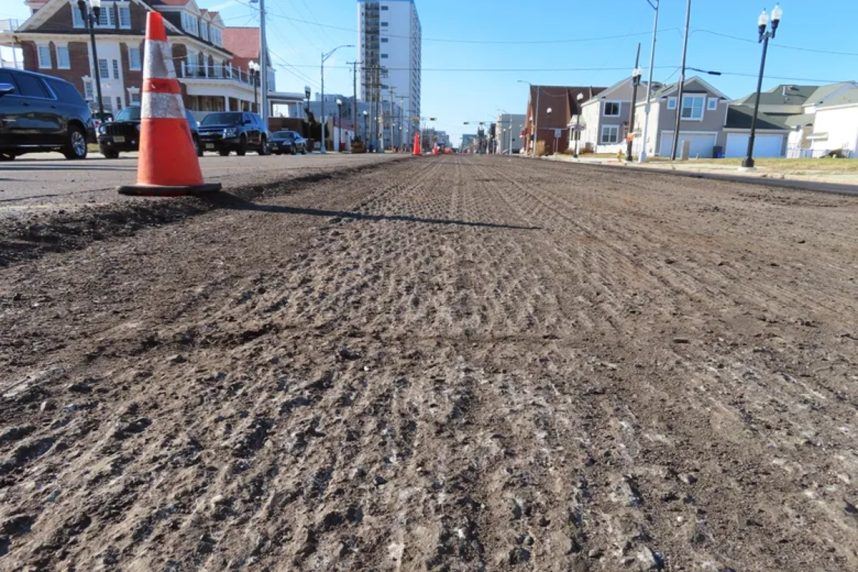Published on: January 21, 2024, 01:35h.
Last modified: January 21, 2024, 01:35h.
Atlantic City officials recently rejected complaints from five casinos in a preliminary legal document, arguing that the decision to narrow Atlantic Avenue will not negatively impact emergency services despite the concerns of the affected casinos and others. This response follows a lawsuit filed by the casinos, along with AtlantiCare, a local health care system, emphasizing the potential limitations the road narrowing could impose on emergency vehicles.

Referred to as a “road diet,” the process of reducing the number of vehicular lanes from four to two on Atlantic Avenue in Atlantic City aims to provide a safer environment for pedestrians by increasing the width of the sidewalks. This move, valued at $24 million, has faced strong opposition from Bally’s, Caesars, Hard Rock, Resorts, and Tropicana. These casinos claim that the road diet will amplify traffic congestion and may impact essential emergency services, such as ambulance access to the AtlantiCare Regional Medical Center.
In response to the lawsuit, the city argues that a comprehensive traffic study has already been conducted. According to attorney Keith Davis, the analysis confirms that ambulances will not be adversely affected by the lane reductions. Davis also challenges the claims that the project required approval from the Casino Reinvestment Development Authority (CRDA).
The CRDA is a state agency that utilizes casino revenue for the redevelopment of Atlantic City. Besides the redevelopment projects, the authority also oversees land use planning.
Enhancing Safety
City leaders assert that the road diet on Atlantic Avenue is pivotal in making the casino town more appealing and visitor-friendly. A 2.7-mile section of Atlantic Ave. was the site of over 800 traffic accidents between 2013 and 2017, with more than 9% involving pedestrians. It is anticipated that the restructuring of the road will create a safer environment for residents and visitors.


